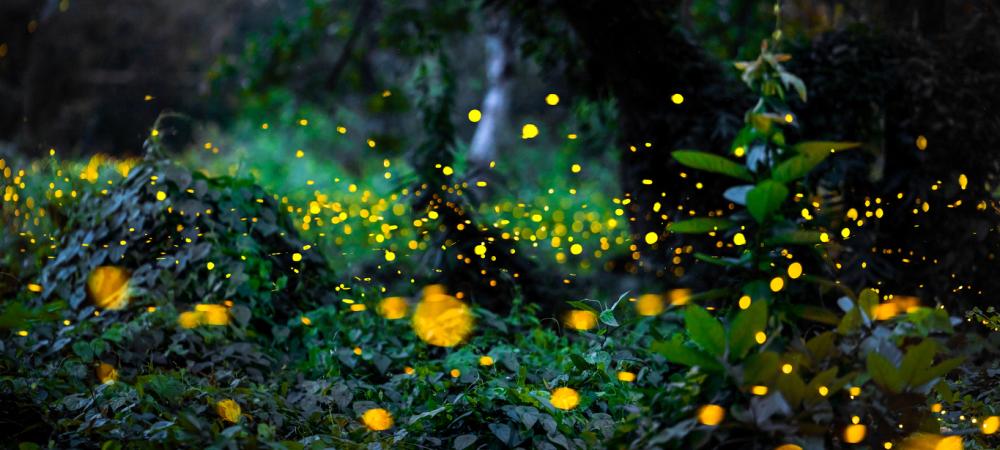What Do Lightning Bugs Eat? A Guide for Tennessee Nature Lovers

Lightning bugs, also known as fireflies, are a magical part of Tennessee's summer evenings. These bioluminescent beetles fascinate both children and adults alike. But have you ever wondered what these glowing insects eat? Let's explore the diet of lightning bugs and how it relates to our Tennessee ecosystem.
The Life Cycle of Lightning Bugs in Tennessee
Before we delve into their diet, it's important to understand the life cycle of lightning bugs:
- Egg stage
- Larval stage
- Pupal stage
- Adult stage
Each stage has different nutritional needs, which we'll explore below.
What Do Lightning Bug Larvae Eat?
Lightning bug larvae, often called glowworms, are voracious predators. Their diet consists of:
- Snails
- Slugs
- Earthworms
- Other soft-bodied insects
These larvae are crucial in controlling garden pests in Tennessee's diverse ecosystem.
Adult Lightning Bug Diet: Do They Even Eat?
Surprisingly, adult lightning bugs eat very little, if at all. Their primary focus is on reproduction rather than nutrition. However, some species may consume:
- Nectar
- Pollen
- Tree sap
Some adult lightning bugs may not eat at all, relying on the energy stored from their larval stage.
The Role of Lightning Bugs in Tennessee's Ecosystem
Lightning bugs are an important part of Tennessee's biodiversity. They serve as:
- Pollinators for native plants
- Food source for birds and other predators
- Natural pest control in gardens and farms
How to Attract Lightning Bugs to Your Tennessee Garden
To encourage these beneficial insects in your yard:
- Reduce artificial lighting
- Avoid pesticides
- Leave some areas of your lawn unmowed
- Plant native trees and shrubs
Conservation Efforts for Lightning Bugs in Tennessee
Lightning bug populations are declining due to habitat loss and light pollution. Tennessee residents can help by:
- Supporting local conservation efforts
- Educating others about the importance of these insects
- Participating in citizen science projects to monitor lightning bug populations
- Understanding and Protecting Tennessee's Lightning Bugs
By learning about what lightning bugs eat and their role in our ecosystem, we can better appreciate and protect these enchanting insects. Whether you're in Lynchburg, Murfreesboro, or the Great Smoky Mountains, take a moment to observe these natural light shows and consider how you can contribute to their conservation.
